The U.S. Federal Communications Commission, more commonly known as the FCC, recently confirmed its decision to deny SpaceX a $900 million subsidiary.
Initially, SpaceX applied for the Rural Digital Opportunity Fund program in the hopes of receiving the $900 million to share their broadband service, Starlink, around the USA, but the FCC claims it doesn’t have what the program requires.
The Rural Digital Opportunity Fund Program

First and foremost, it’s vital to understand exactly what the Rural Digital Opportunity Fund, or the RDOF, is to grasp what’s happening between the FCC and SpaceX.
And according to the program itself, the RDOF is “an initiative designed to inject billions of dollars into the construction and operation of rural broadband networks.” The FCC plans to “target rural areas across the country where residents currently lack access to broadband.”
What Is Starlink?

Now, SpaceX is technically a space exploration and transportation manufacturer, not a broadband company. However, within the SpaceX umbrella, creator Elon Musk has added a satellite broadband company called Starlink.
It is the world’s first-ever satellite internet constellation operation; Starlink essentially uses low-orbiting satellites to deliver fast and reliable internet all around the world.
Musk’s Application for the RDOF Program Was Denied
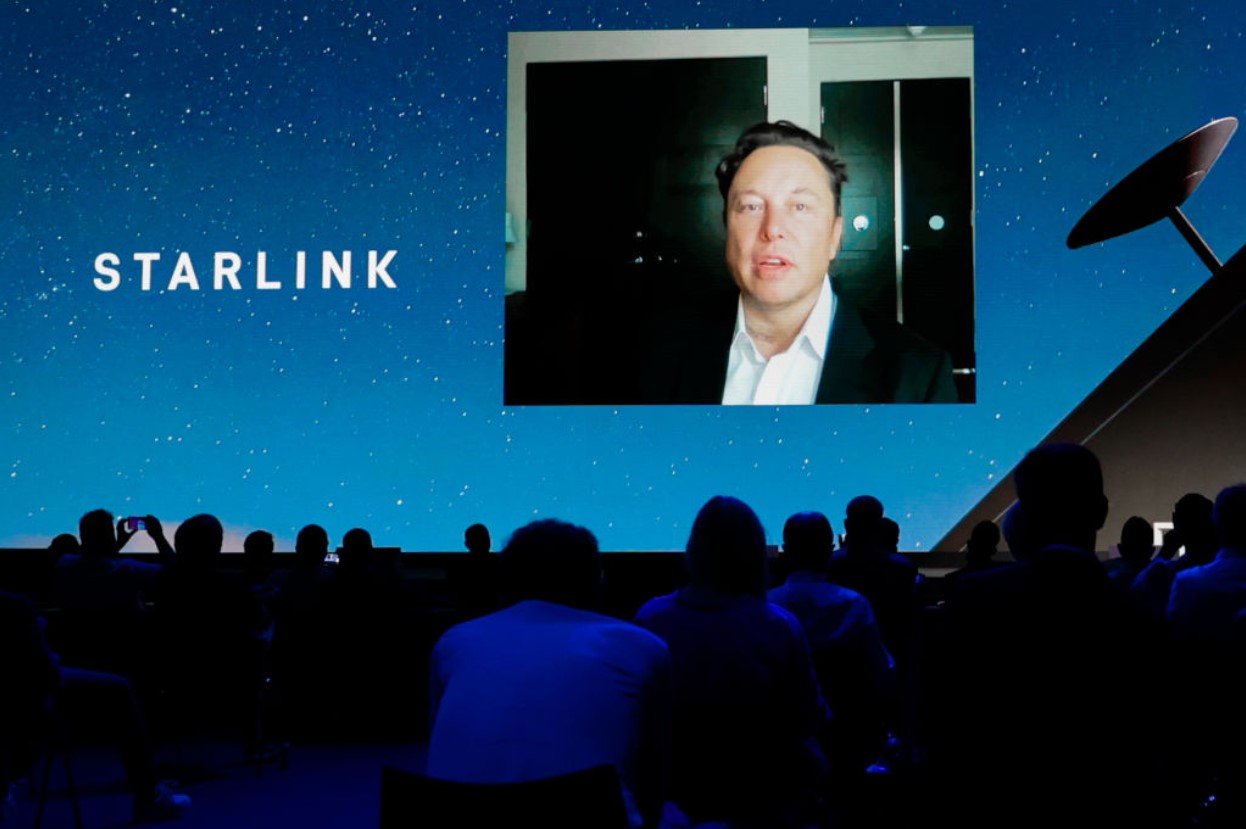
So when Elon Musk learned of the RDOF program, he knew that Starlink was the perfect candidate and applied immediately.
However, the FCC rejected the SpaceX founder’s application, saying that the company didn’t “meet the basic program requirements.”
What the FCC Had to Say About It
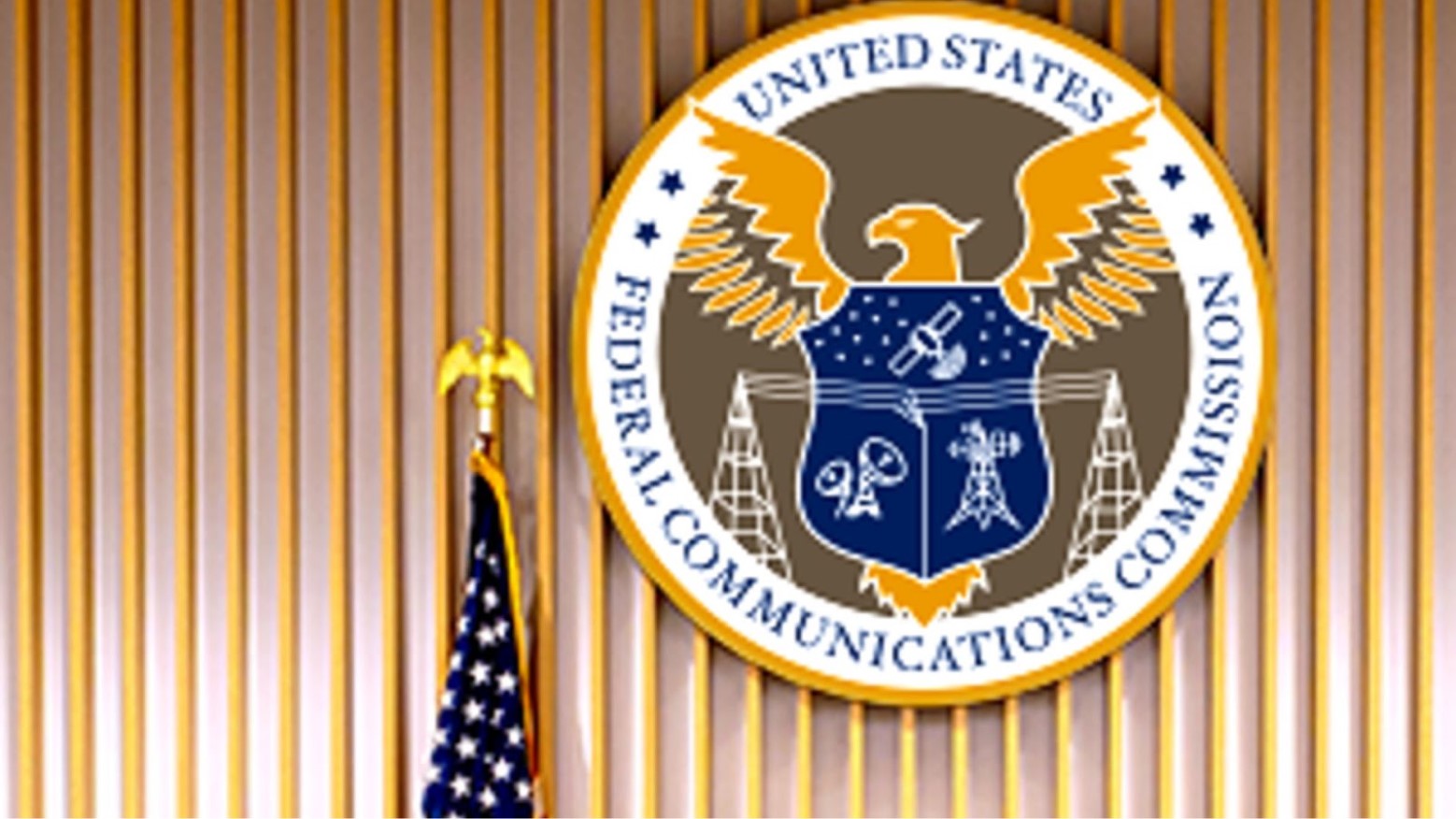
In a report released by the FCC, it explained that SpaceX promised a service it could not demonstrate, and it also said that Starlink would “not be the best use of limited” resources.
Jessica Rosenworcel, FCC chairperson, told the press, “The FCC followed a careful legal, technical, and policy review to determine that this applicant had failed to meet its burden.”
Not Everyone in the FCC Agrees with the Decision
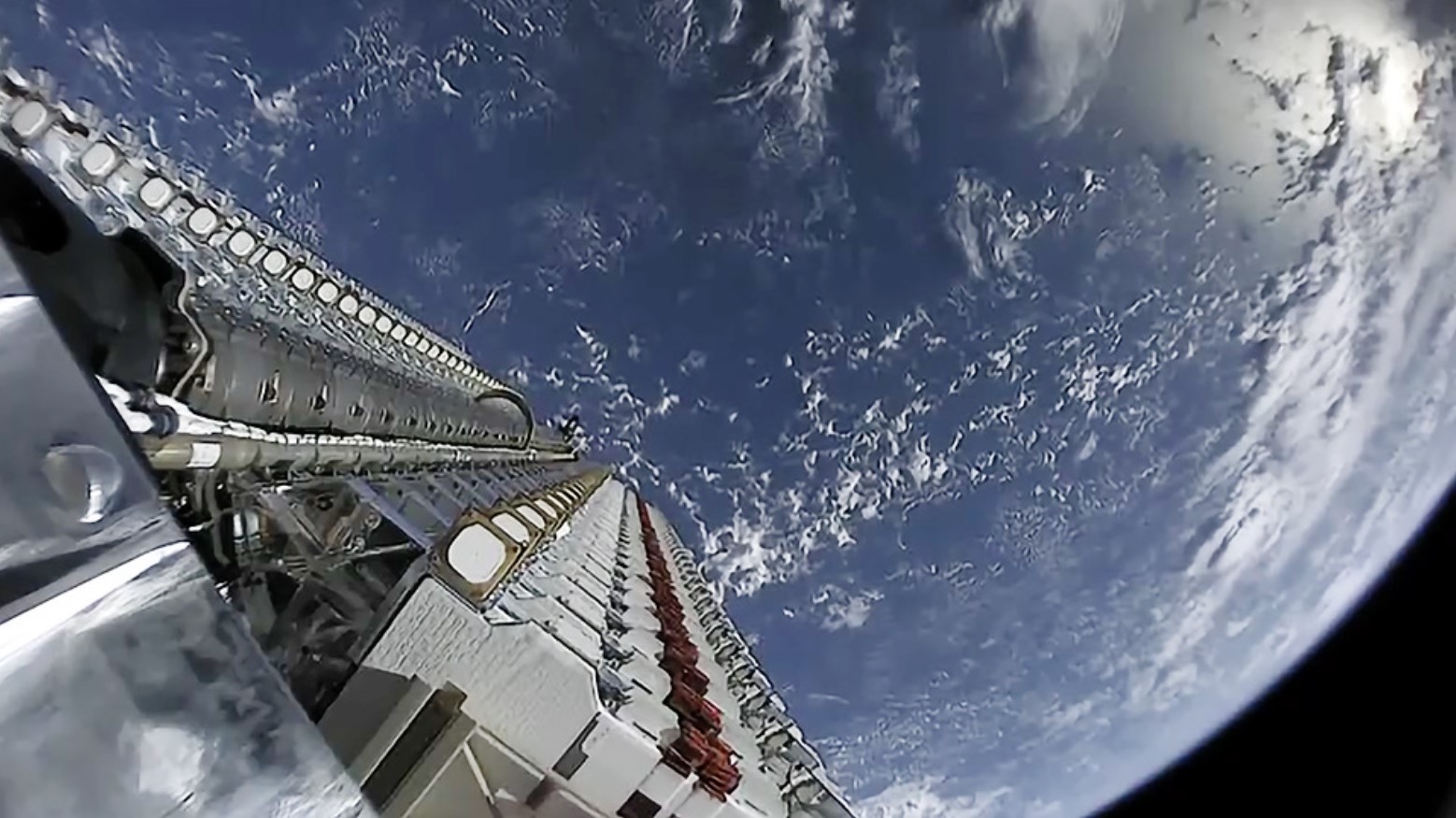
Some members of the FCC, including commissioner Brendan Carr, do not agree with the agency’s rejection of Musk’s proposal.
In fact, Carr wrote that the denial “cannot be explained by any objective application of law, facts or policy.” And the Republican even claimed that the only reason SpaceX and Musk were refused the funding was because the Biden administration has shown Musk a “pattern of regulatory harassment.”
Musk Blames Biden for the Rejection
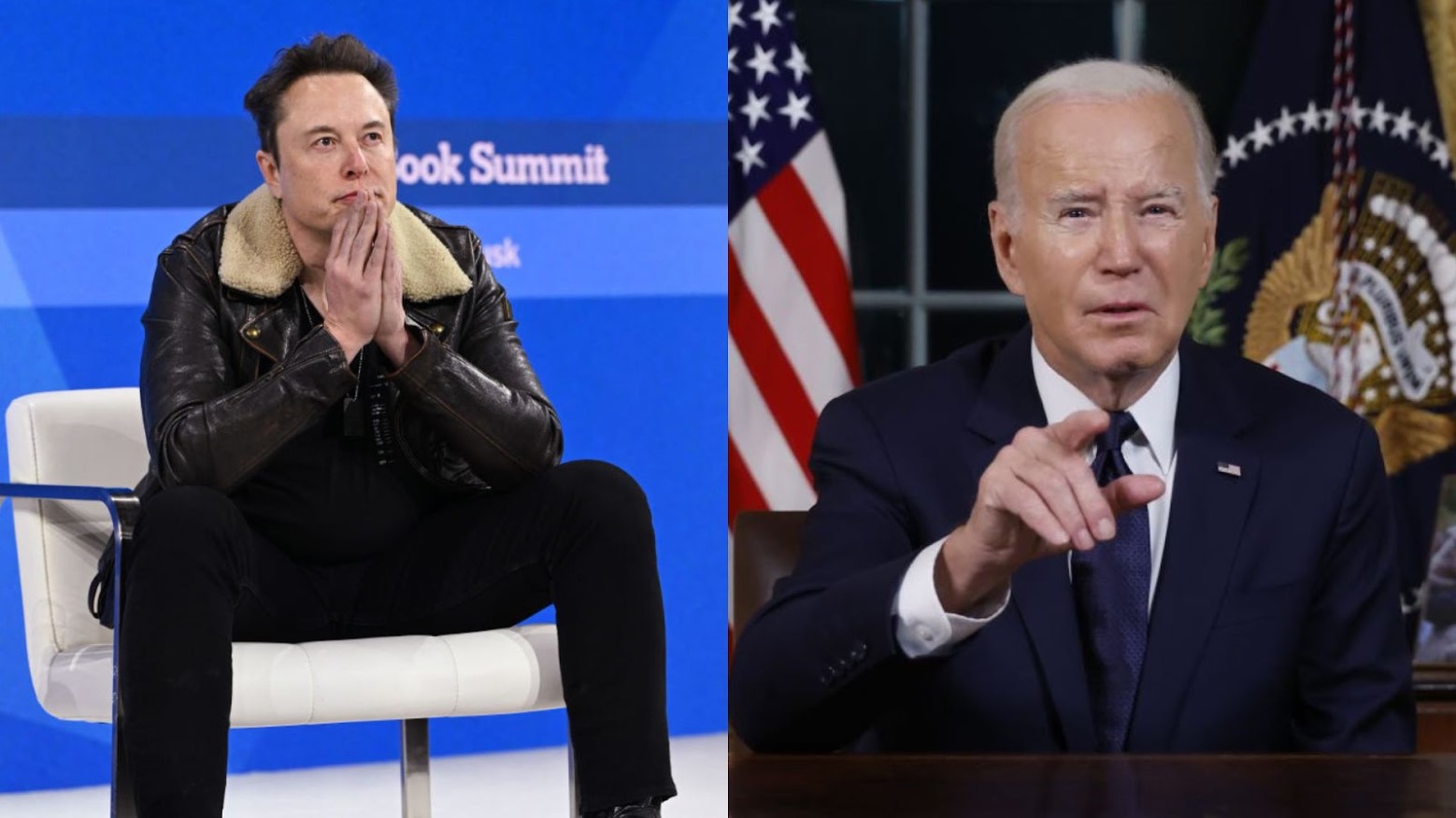
Elon Musk completely agrees with Carr that the only reason Starlink wasn’t chosen for the project is because he and President Joe Biden have a long-standing feud.
Musk and Biden’s complicated relationship certainly isn’t new news, and as Musk said, other than the president and his team’s distaste for the Republican billionaire, the decision just “doesn’t make sense.”
Musk Also Claims They “Changed the Rules”
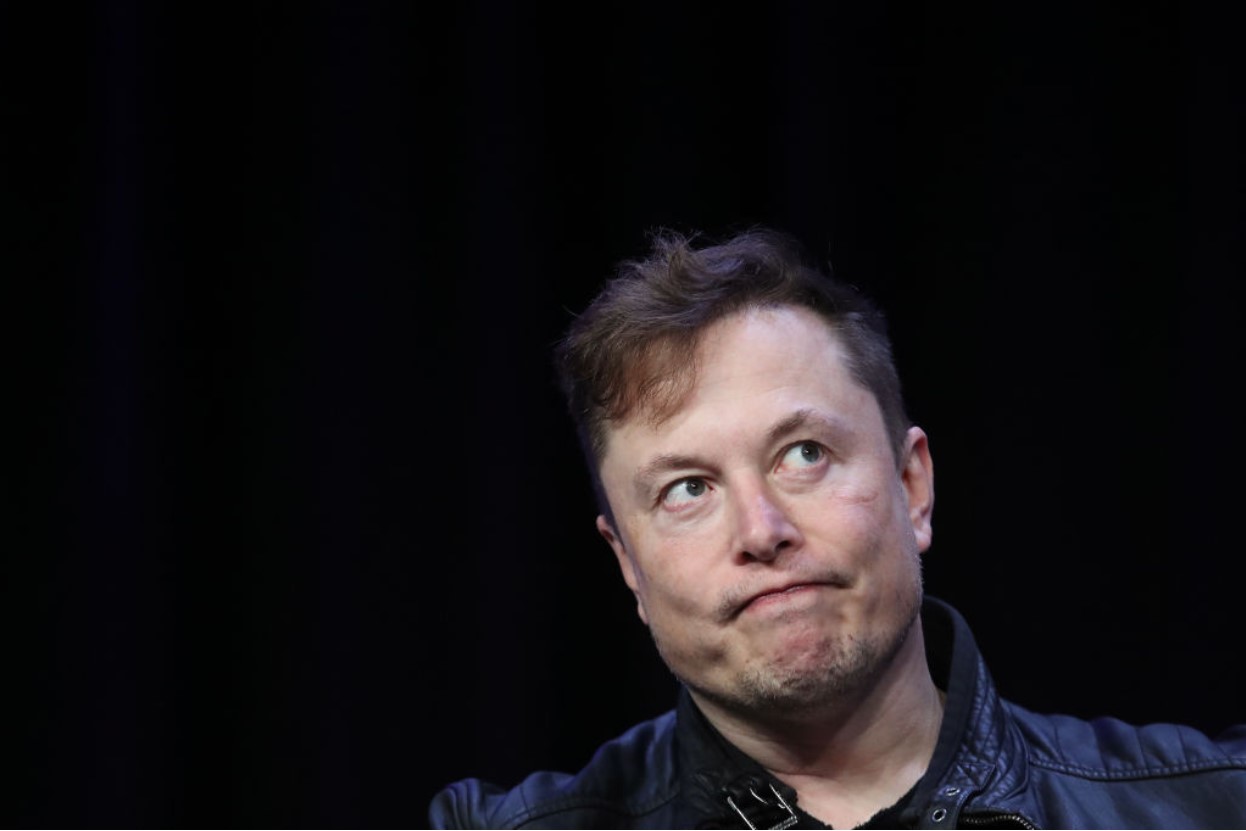
Of course, even the President of the United States needs a reason to deny someone’s application, even if they don’t like them, and Musk claims that the FCC made up a reason.
According to Musk, “What actually happened is that the companies that lobbied for this massive earmark (not us) thought they would win, but instead were outperformed by Starlink, so now they’re changing the rules to prevent SpaceX from competing.”
The Unclear “Rules” of the Program

The FCC claimed that Musk and his Starlink broadband did not meet the requirements for the program. However, what Musk is arguing is that the service that he promised will be ready by 2025 when the program is meant to begin.
Carr agreed with Musk’s complaint, stating that the FCC was unjustly asking SpaceX to have the projected 2025 services available at the time of the application, which is not what the original application required.
Rural Americans Are Who Will Really Suffer

Elon Musk also wants Americans to understand that the real victims of the FCC’s decision are the rural citizens who need and deserve broadband internet.
And Carr from the FCC agreed that the rural residents will be “stuck on the wrong side of the digital divide” without a service like Starlink.
Starlink Is Already Wildly Successful and Profitable
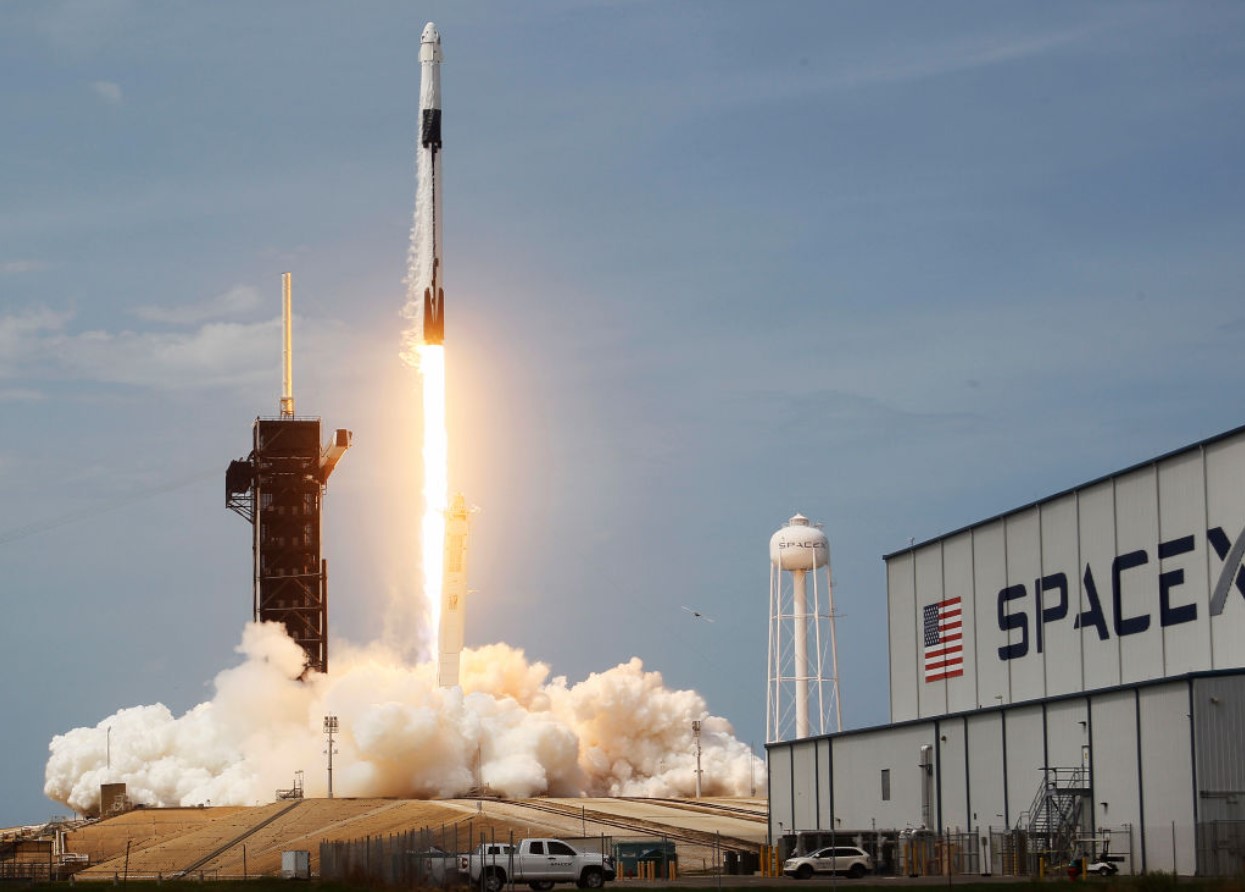
Along with its parent company, SpaceX, Starlink is already extremely successful as the largest satellite internet constellation on the planet.
Not only has Starlink earned $1.4 billion in 2022, but it’s also expected that the company will bring in an incredible $10 billion next year.
Musk Will Keep Pushing for Starlink Around the World
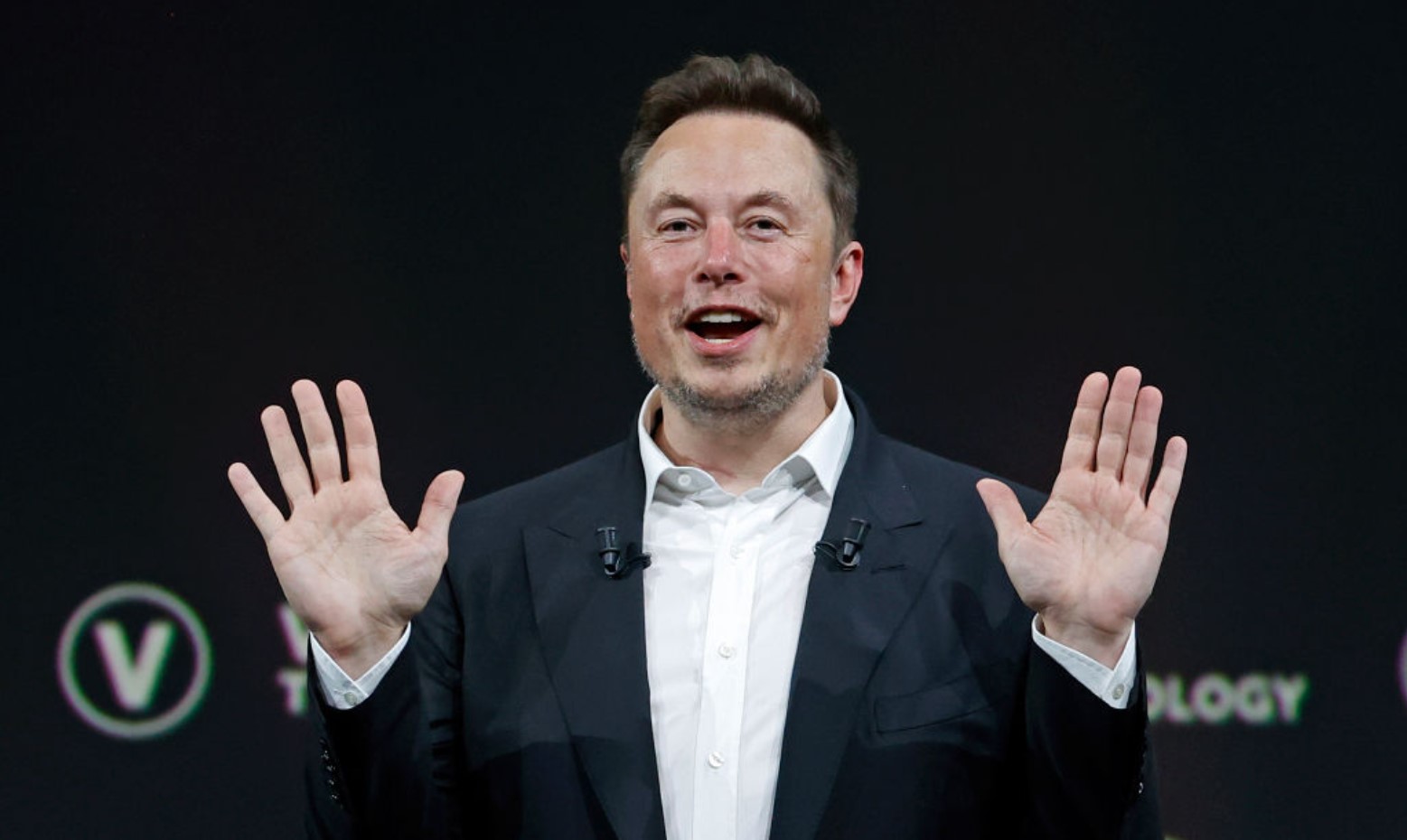
Musk already has plans to expand Starlink’s availability through 5,000 more satellites, and most experts agree that the sky’s the limit for this incredible technology.
But Musk wants to make one thing clear; he says that Starlink is the only company that is currently trying to “[solve] rural broadband at scale,” and there are absolutely no valid reasons for his RDOF application to have been denied.
